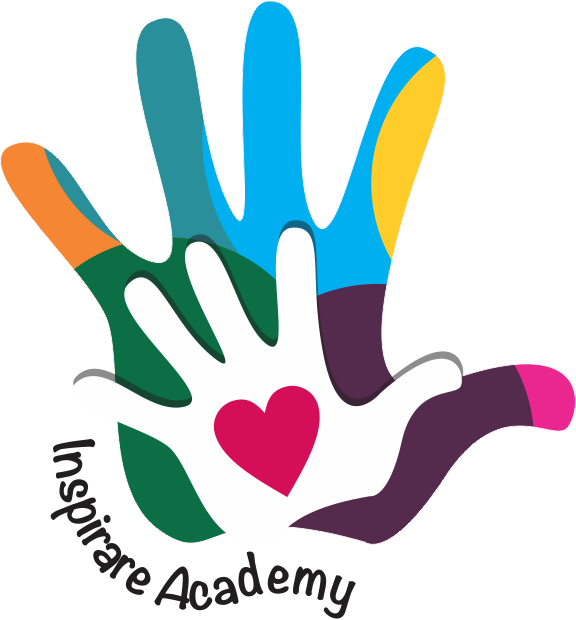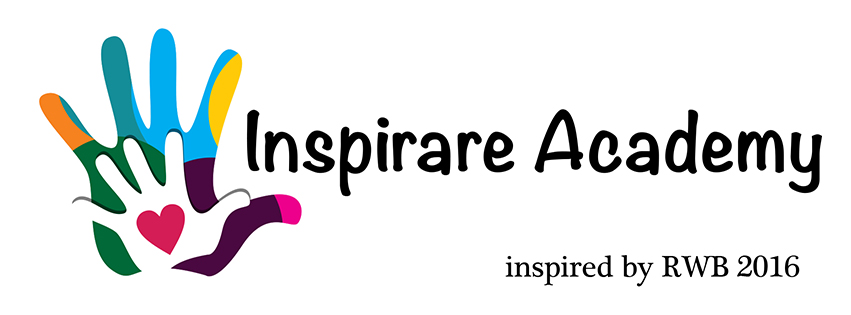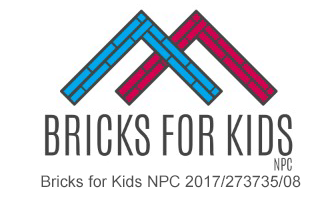Inspired by RWB in 2016 and this is my legacy
What we do…
- One on one attention
- Group Activities
- Work with a Team of professionals
- Assess each child’s developmental milestones Ages 2 – 6 according to the ESDM Syllabus level 1 to 4. The child’s chronological age will not be considered during the assessments. All delayed millstones will be addressed accordingly.
- Grade Placement Tests – Ages 6 and upwards. The child’s chronological age will not be considered during the assessments. The child will start their grade level according to the placement test. We follow a main stream curriculum that allows our children to learn at their own pace and it is tailored to their specific needs. Should the child be stronger in math than in language the child can continue to progress in the math grade level while practicing and learning language in a lower grade. For example the child might be on a Grade 2 level with math but a grade 1 level in language. Should your child be non-verbal, pre-verbal or have difficulty speaking in front of others in a group setting this is the perfect program for your child.
Services
Inspirare Academy started out as a small class helping preschooler’s with developmental delays. We have grown so much since then. We have 5 classes now.
Class 1 – Early intervention ages 2 – 5
Class 2 – Early intervention ages 5 – 6
Class 3 – Intervention (LSEN) ages 6 – 9
Class 4 – Grade R Main Stream
Class 5 – Grade 1 Main Stream
One on One Interaction
One on One Interaction makes it possible to work on a child’s specific delays in an individual setting. Should a Nero Developmental Disorder be the cause of the developmental delay, the one on one setting makes it easier to cater towards that Nero Developmental Disorder with individualized learning plans.
Examples of Nero Developmental Disorders
Autism Spectrum Disorder
Attention Deficit Hyper Activity Disorder
Attention Deficit Disorder
Obsessive Compulsive Behaviour
Sensory Processing Disorder
Anxiety
Developmental & Language Delays
Learning Difficulties
Social Interaction Problems
To name a few
Group Activities
Group activities encourage children to interact with other children in very different but important ways.
For Example
- Improve social interaction with friends
- Copy friends with play, language etc.
- Imaginative Play in different scenarios
- Taking turns with toys, sharing a paintbrush etc.
By interacting in small groups, the noise, visual stimuli and distractions are more manageable, and the group activities are more structured.
Teamwork
Parents receive homework from their therapists.
Parents hand in the homework from the therapist to their child’s teacher. The homework will be incorporated into daily activities.


